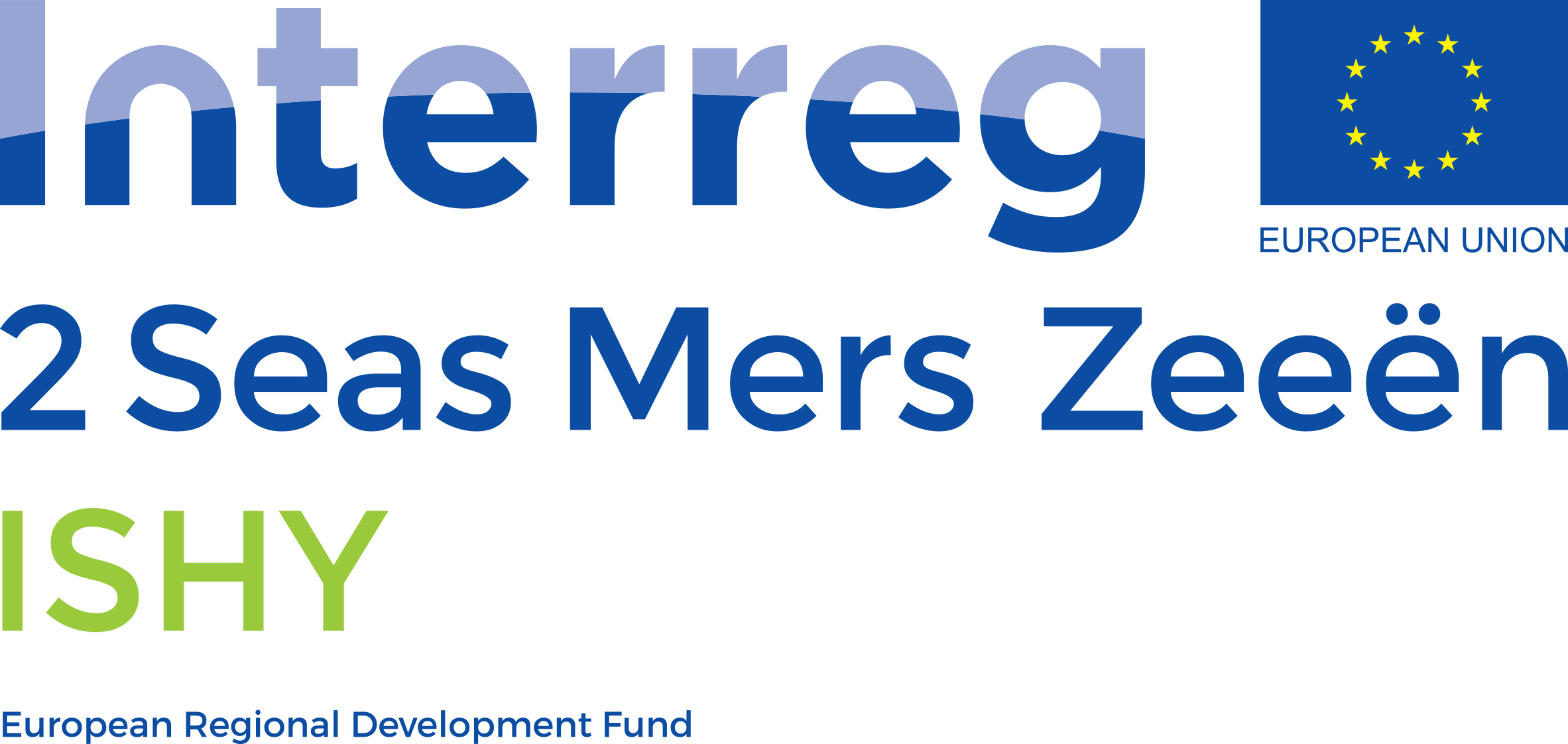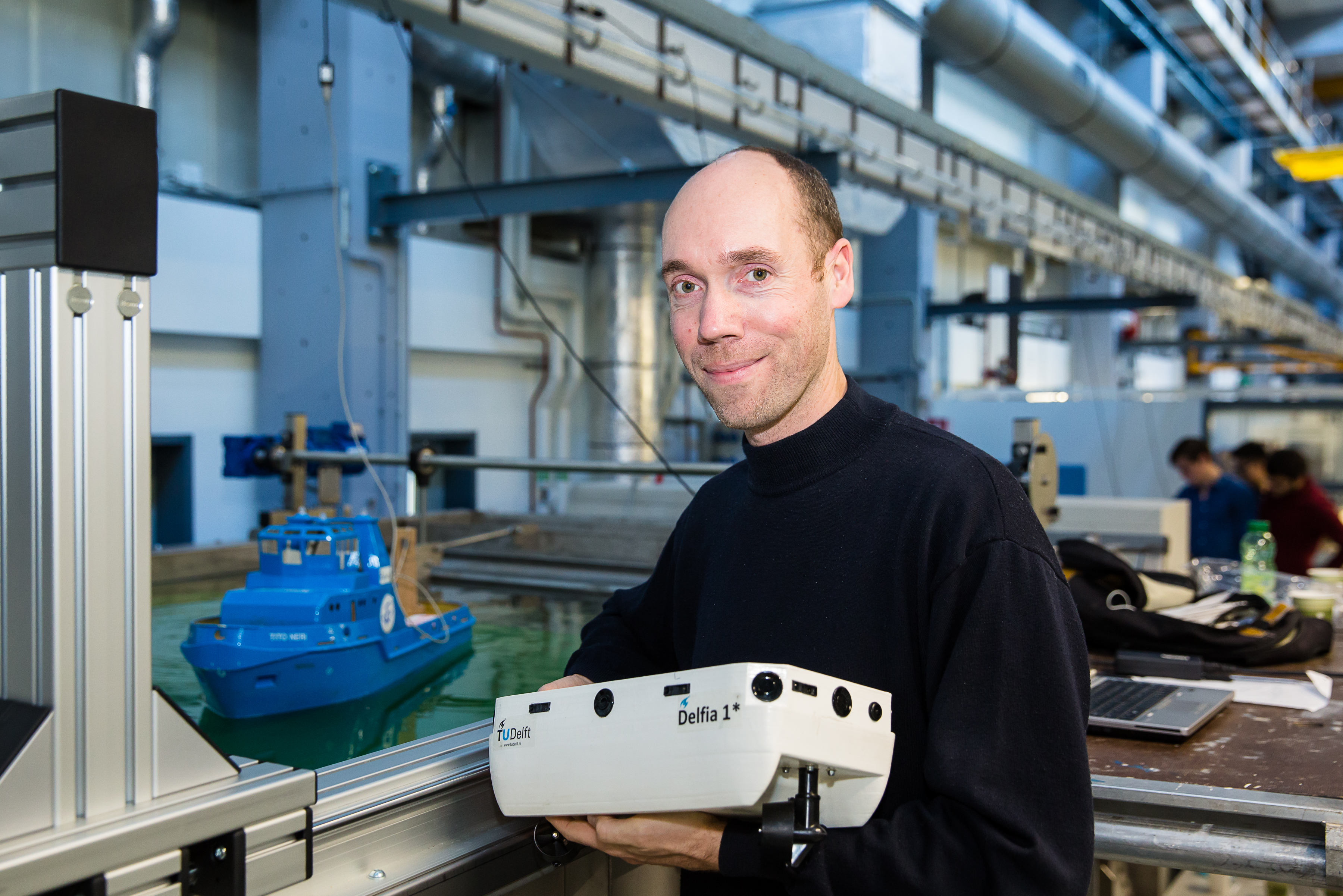International research on low-carbon shipping technologies officially launched
This month the official kick-off meeting of the Interreg 2 Seas project entitled the ‘Implementation of Ship Hybridisation’ (ISHY) took place. In this project, TU Delft (Maritime and Transport Technology), led by professor Rudy Negenborn and dr. Henk Polinder, is working with 15 partners from France, England, the Netherlands and Belgiuim on pilot projects for the implementation of concrete applications of hybrid and hydrogen technologies in ships. The 15 partners consist of regional development agencies, port authorities, industrial partners and research institutes.
Rudy Negenborn:
‘Our research in the ISHY project focuses on the multi-machine engineering question: “how can we design automatic ships that consist of enormous amounts of mechanical, electrical and digital components in a sustainable way with automatic design methods ?” We thereby explicitly include uncertainties in the development of all kinds of energy generation, energy storage and energy use technologies. On the one hand, we work out the basis of the underlying mathematical optimization methodology; on the other hand, we will apply this methodology in four case studies with industrial parties from the Netherlands, Belgium, France and England. I am proud that our multi-machine engineering research in this major international project is going to contribute to a more sustainable future in transport by water.’
Technological developments are taking place at record speed in the maritime sector. Think, for example, of new types of sensors, new propulsion and energy systems, systems for higher degrees of autonomy/automatic operations). At the same time, there are strict requirements regarding emissions and energy efficiency. It is becoming increasingly important, but also increasingly complex, to select the combination of technological solutions that will ultimately yield the best ship design. The ultimate goal of the ISHY project is to implement low-carbon shipping technologies in a highly conservative sector. To achieve this, the partners will modernise existing ships, build new ones, and design the engineering of suitable and safe bunker facilities, adapted to growing market needs.
Interreg 2 Zeeën
Interreg 2 Seas 2014-2020 is a European territorial partnership programme covering England, France, the Netherlands and Belgium (Flanders). The programme is co-financed by the European Regional Development Fund (ERDF) and has a total budget of 241 million euros to support projects in the 2014–2020 period.
This month, the Monitoring Committee of Interreg 2 Seas approved 13 new projects. The 2 Seas progamme now counts 68 partnership projects that bring together both private and public actors from coastal regions along the southern North Sea and the Channel area. Read more about the Interreg 2 Seas programme here.


